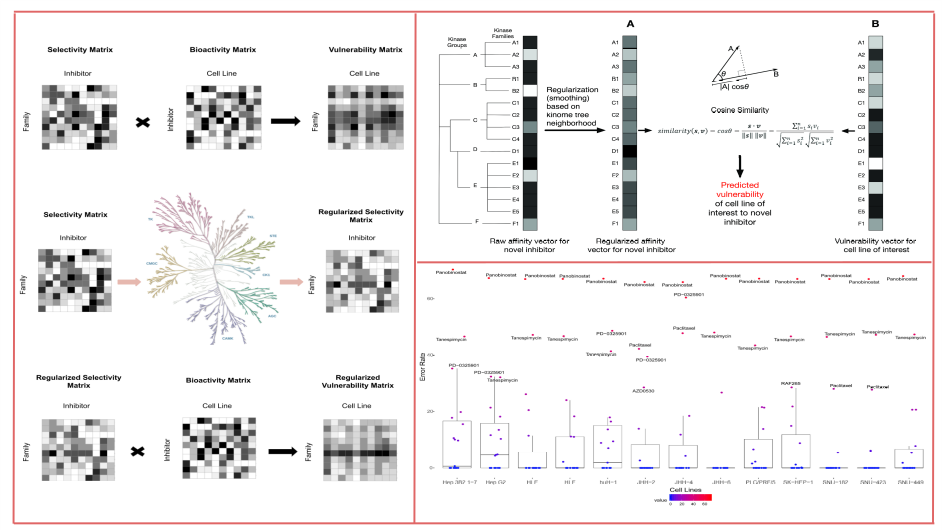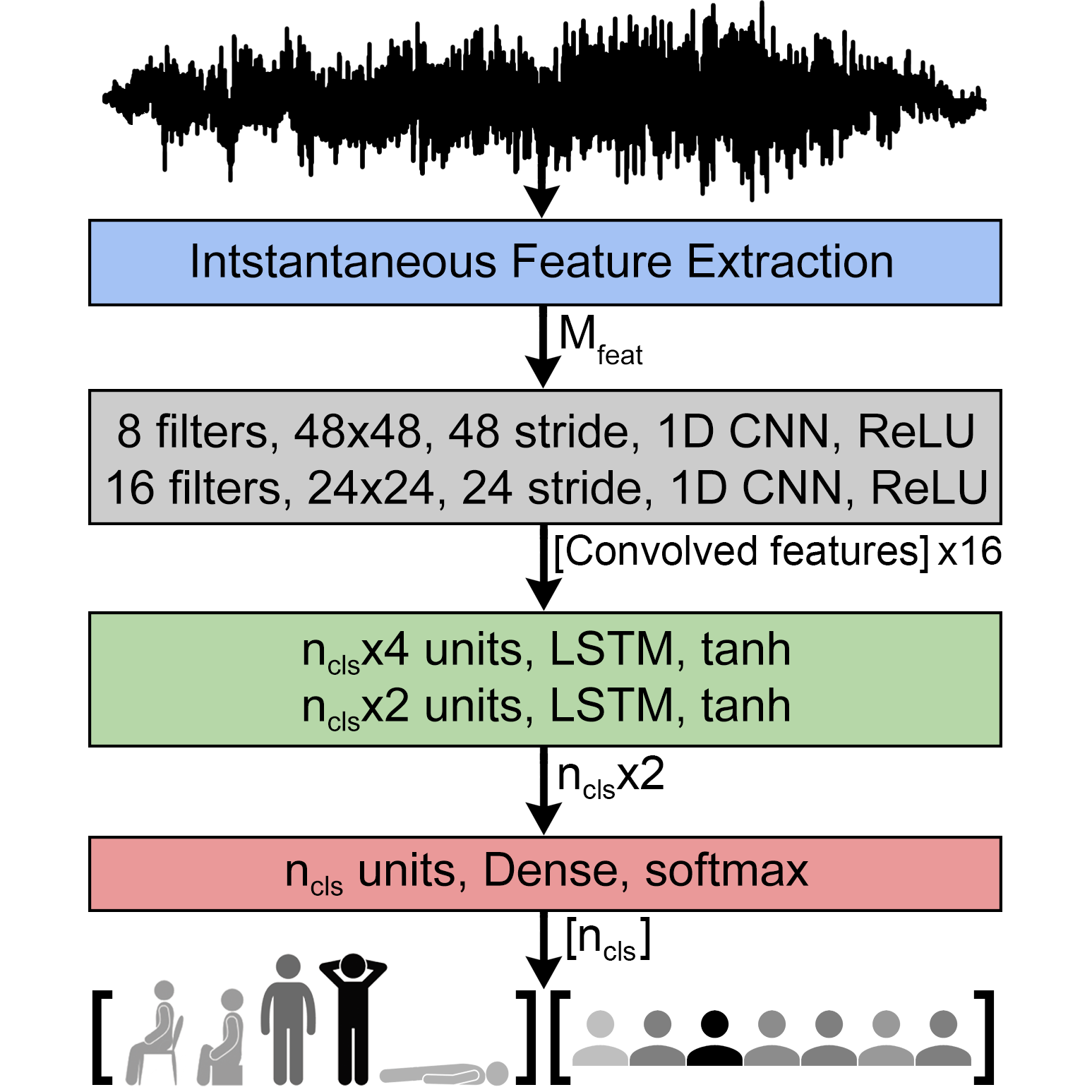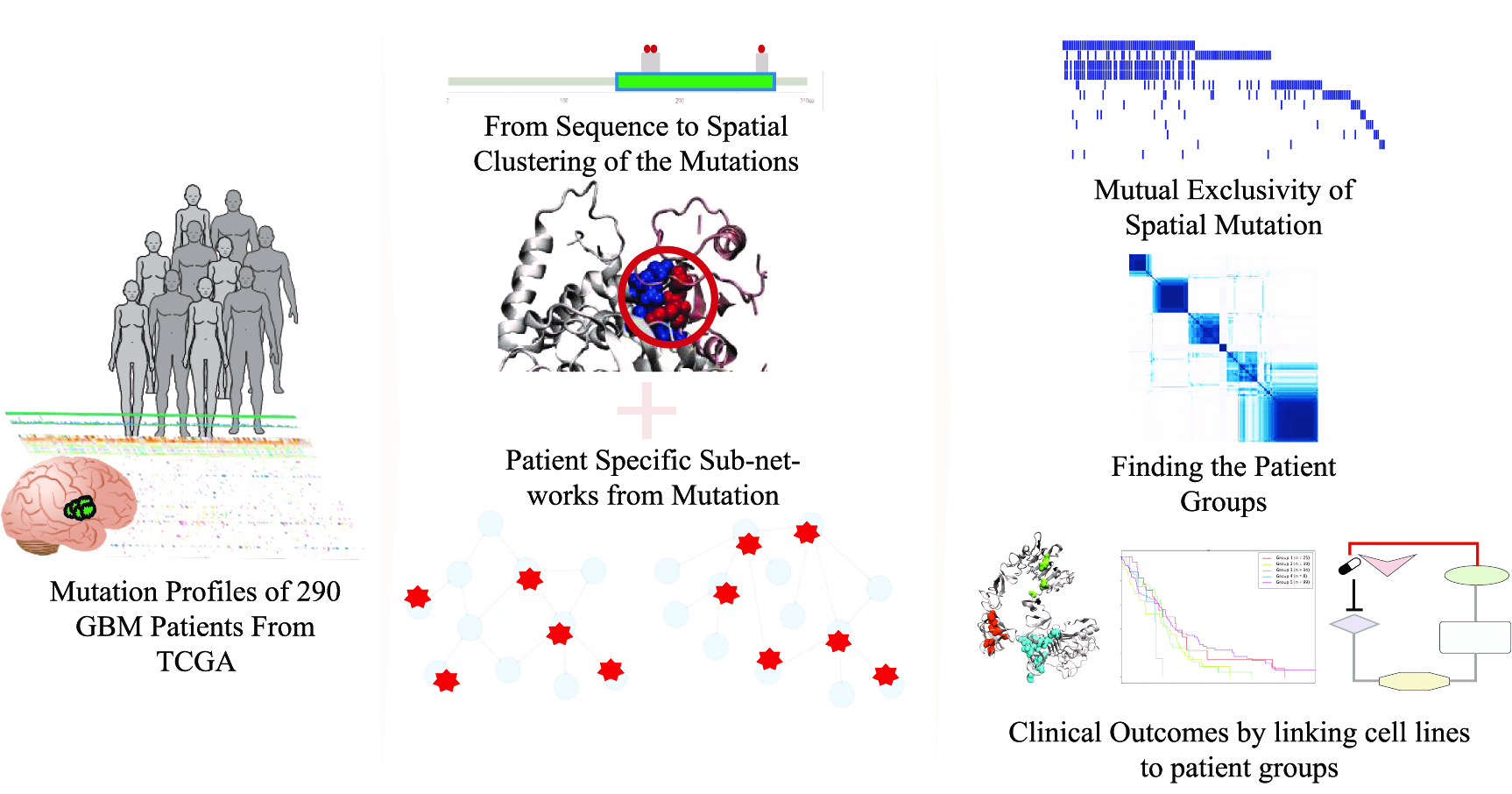Msc. Candidate: Ahmet Serhat Demir
Program: Cyber Security
Date: 04.09.2019 15:00 p.m
Place: A-212
Abstract: Blockchain technology is first known as the secure, immutable, distributed public ledger of the Bitcoin network, which enables value transfer without the need of a trusted third party. Besides cryptocurrencies and finance, blockchain technology has the potential to disrupt several industries, which is made possible with the advance of the smart contracts and decentralized applications. This thesis explores the blockchain technology, Ethereum smart contracts, and investigates the potential of Ethereum Web 3.0 stack for secure information and file sharing in a fully decentralized architecture. It is aimed to discard the need of a central authority in every layer of the application, and cope with the drawbacks of centralized content exchange platforms. Accordingly, a proof-of-concept of a decentralized application is designed. This design is implemented in Ethereum Web 3.0 stack using blockchain for the immutable distributed ledger, Ether for cash transfers, and smart contracts for application logic. Since data storage in blockchain is expensive, Swarm is used for decentralized reliable content storage system. Nevertheless, according to our research, permissionless systems in the Ethereum ecosystem lack necessary data privacy, which causes a risk for secure information exchange. In order to provide a secure way of content exchange, public key encryption is utilized to enable sensitive content delivery without the need of a pre-shared secret. Also, to protect both buyer and seller, a double escrow functionality is implemented. According to the validation and evaluation of our proof-of-concept, we successfully show that Ethereum Web 3.0 stack is applicable for securely sharing digital contents.





